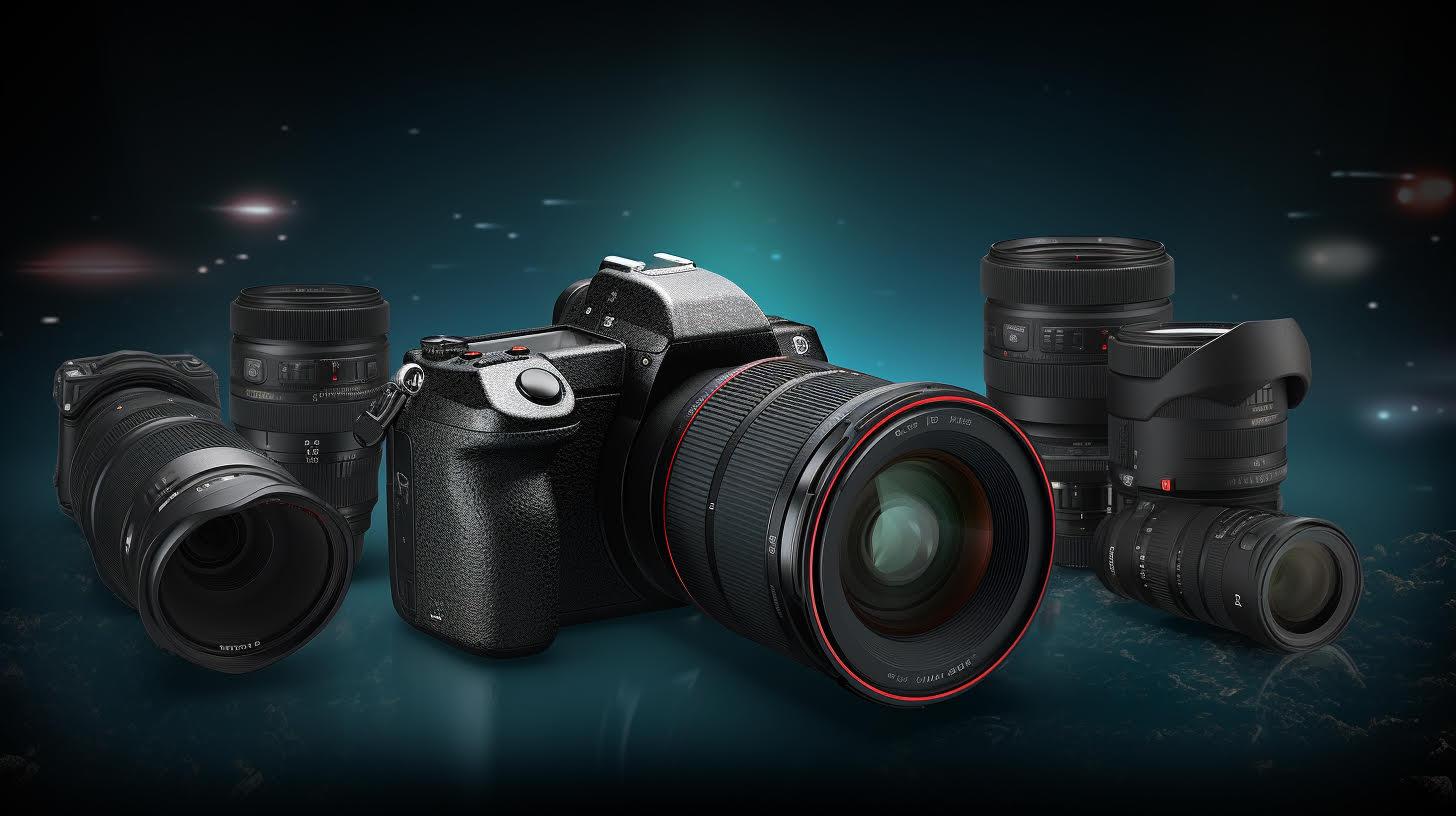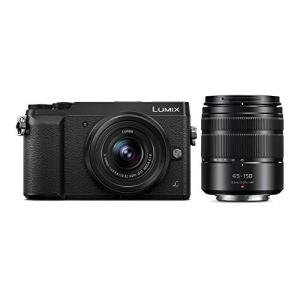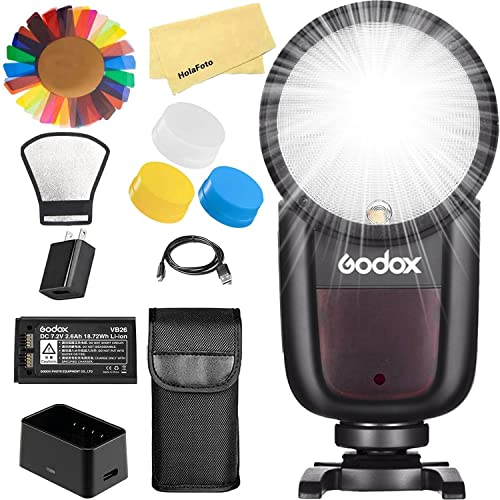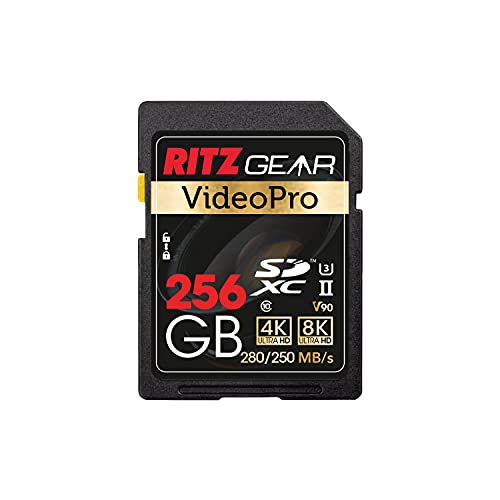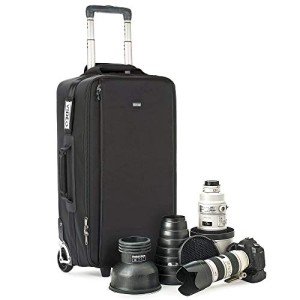I am new to photography. What camera should I be looking for?
Starting out in photography is exciting, and choosing the right camera can greatly enhance your learning and enjoyment. Here's a guide to help you make an informed decision:
Type of Camera:
Point-and-Shoot: Simple, compact, and perfect for everyday photography.
DSLR (Digital Single-Lens Reflex): Offers more control, interchangeable lenses, and better image quality. Ideal for both beginners and professionals.
Mirrorless: Compact like point-and-shoots but with interchangeable lenses and better image quality, similar to DSLRs.
Key Features to Consider:
Megapixels: While important, they aren't the only factor in image quality. Anything above 10 megapixels is more than sufficient for most purposes.
Sensor Size: Larger sensors generally provide better image quality and perform better in low light. Full-frame sensors are top-tier, followed by APS-C and then micro four-thirds.
ISO Range: Determines how well the camera performs in low light. A higher max ISO is better, but also look at noise performance at higher ISO levels.
Autofocus System: Important for sharp images. Look for a camera with a fast and accurate autofocus system.
Lens Compatibility and Selection: Ensure there's a good range of compatible lenses for the camera you choose, especially if you opt for a DSLR or mirrorless camera.
Ergonomics and Size: Make sure the camera feels comfortable in your hand. Size and weight are significant if you plan to carry it around a lot.
Budget:
Cameras can range from a few hundred to several thousand dollars. Set a budget that includes not just the camera body but also potential lens purchases and accessories like memory cards, bags, and extra batteries.
Other Considerations:
Video Capability: If you're interested in video, check the video quality and features like image stabilization and autofocus during video.
Wi-Fi/Bluetooth Connectivity: Useful for easily transferring photos to your phone or computer.
Battery Life: Longer battery life is always an advantage, especially when traveling.
Popular Brands: Canon, Nikon, Sony, and Fujifilm are well-known brands with extensive lineups catering to different levels of photographers.
Where to Buy: Purchase from reputable dealers. Consider buying used or refurbished from certified sources to save money.
Learning Curve: Be prepared to spend time learning your camera’s settings and capabilities. Photography is as much about the photographer's skill as it is about the equipment.
Future Upgrades: Think about your future in photography. If you plan to seriously pursue it, investing in a system (like DSLR or mirrorless) that allows for future upgrades might be a better choice.
Remember, the best camera is the one that fits your needs and encourages you to take more photos. It's also highly recommended to read reviews, watch tutorials, and possibly rent a few models to try before making a final decision.
Please direct any questions or comments about this shopping site to Bob Hudson at associationshops@gmail.com
